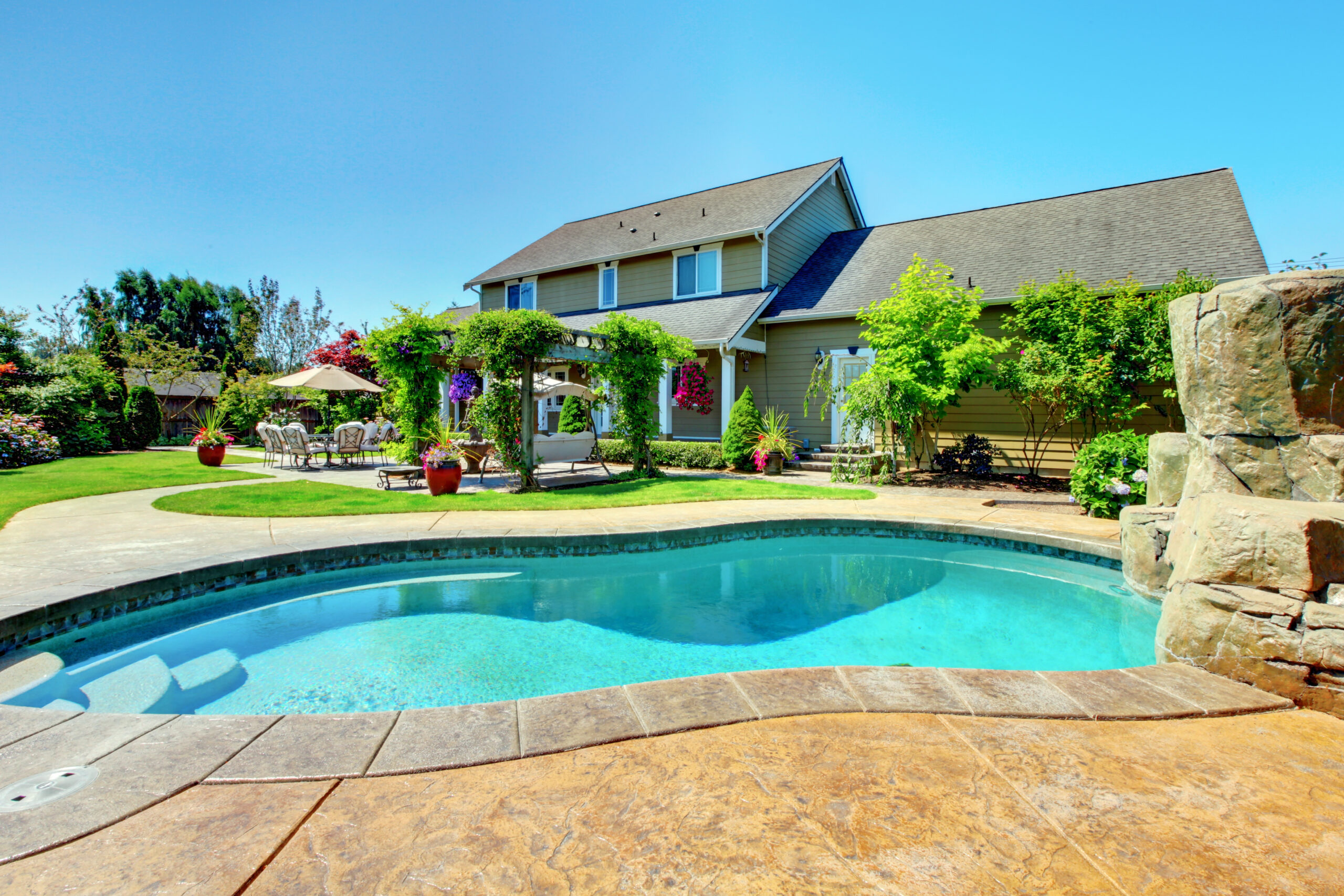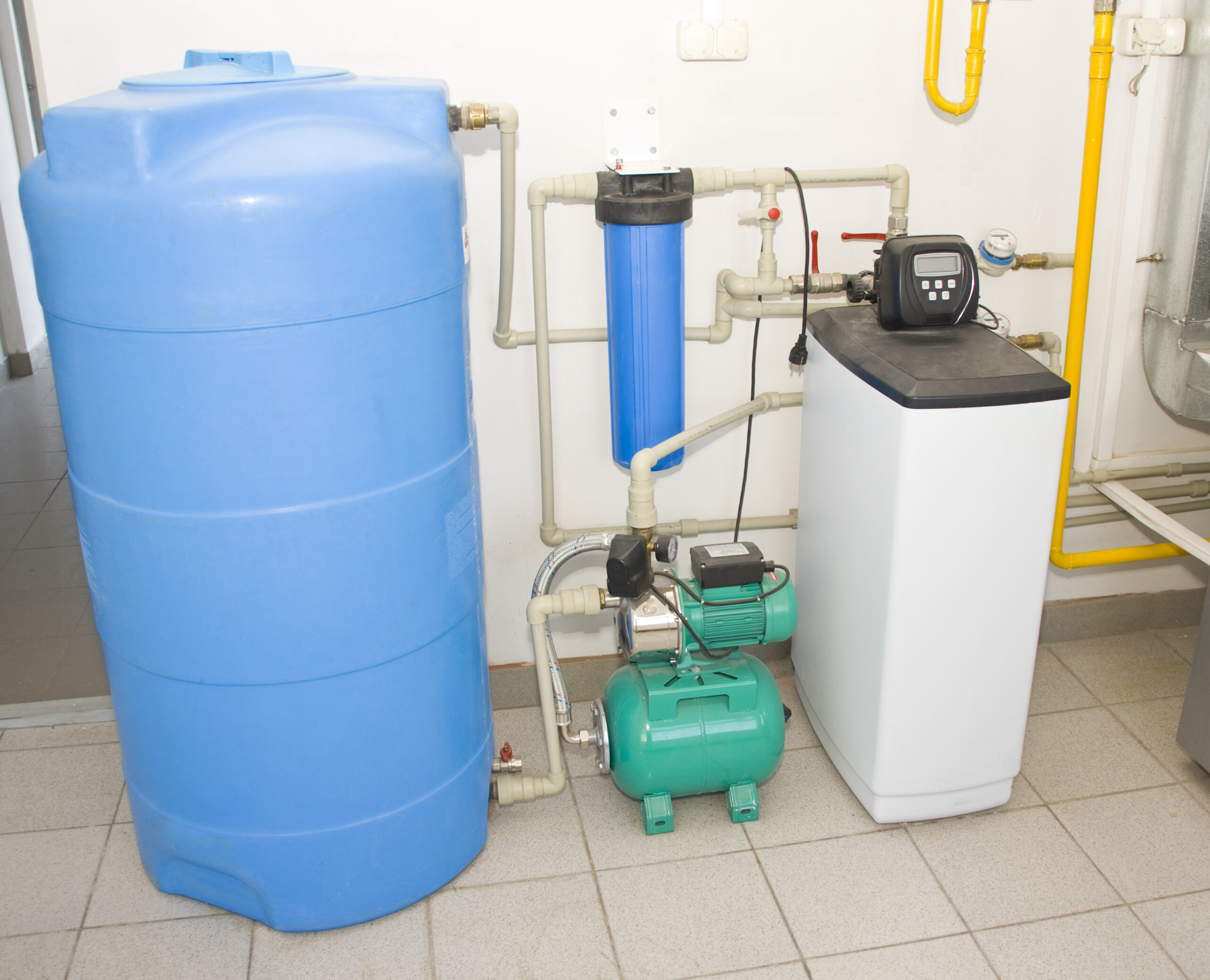You’re enjoying your backyard pool, but have you considered its environmental impact? It’s not just about water usage; energy consumption and chemical pollution play significant roles too.
Don’t fret though! You can make a change. This article will guide you through understanding the ecological footprint of pools and offer practical solutions to lessen their environmental toll.
Let’s dive into greener waters together.
Understanding the Ecological Footprint of Swimming Pools
It’s crucial to understand the ecological footprint of swimming pools to implement effective ways of reducing their environmental impact.
Two primary areas you’ll need to address are water wastage and pool construction.
Your pool can consume vast amounts of water, not only during filling but also through evaporation and backwashing. It’s easy to overlook this water wastage, but it contributes significantly to your pool’s overall ecological footprint.
Consider investing in a pool cover; this reduces evaporation by up to 95%. Alternatively, a more sophisticated solution might be installing an automatic leveling system that minimizes overfilling.
Pool construction is another area with considerable environmental implications. Traditional methods typically involve significant excavation and use of materials like concrete or fiberglass, which have high embodied energy values.
You can mitigate these impacts by exploring eco-friendlier alternatives such as natural pools or using recycled materials in the construction process.
Understanding these factors empowers you towards making informed decisions about your pool management strategy.

The Role of Chlorine and Other Chemicals in Pool Pollution
Chlorine’s often used to keep swimming water clean, but it also contributes significantly to pool pollution. This is because chlorine can produce harmful byproducts and chemical runoff which affect both the environment and your health. With this in mind, let’s delve into an analysis of the problem and explore some solutions.
Firstly, you need to understand that when chlorine interacts with organic matter (like leaves or sweat), it forms disinfection byproducts (DBPs). Some DBPs are linked to certain health problems, while others contribute to environmental pollution. Moreover, during rainstorms, excess chlorine can wash out of pools into local bodies of water causing further disruption.
This brings us to solutions: Chlorine alternatives. Saltwater systems or UV sanitation methods are effective substitutes for keeping your pool clean without the detrimental effects associated with chlorine use. You might also consider ozone generators or mineral purifiers – they’re all viable options worth exploring.
Another route is managing chemical runoff better by installing proper drainage systems or using pool covers during heavy rains.
Energy Consumption: The Unseen Environmental Cost of Pools
You likely haven’t considered the energy consumption aspect of owning a pool, but it’s an unseen cost that can be quite significant. Pool pumps and heaters require considerable power and contribute to your home’s overall energy footprint.
Let’s investigate the water evaporation impact as well as pool construction effects on energy use.
Water evaporation from your pool leads to substantial energy loss. Heated pools lose more than 70% of their heat due to evaporation alone, a fact which necessitates additional heating and therefore increased energy consumption. Covering your pool when not in use drastically reduces this impact by slowing down the rate of water evaporation.
Pool construction also plays a role in its environmental footprint. Traditional concrete pools require significant amounts of electricity during their fabrication process, contributing further to high-energy costs seen in pool ownership.
So what are the solutions? Consider investing in an energy-efficient pump and heater for your pool, reducing both costs and environmental impact. Opting for alternative materials such as fiberglass or natural clay during construction can lower the initial manufacturing emissions significantly.
Remember: mastery over these areas will help you make informed decisions towards becoming an eco-friendly pool owner.
Green Alternatives: Environmentally Friendly Pool Options
Let’s delve into green alternatives that offer a more eco-friendly approach to pool ownership. As you seek mastery over your environmental footprint, consider the benefits of solar heating and bio filtering systems.
Solar heating leverages the power of sunlight, transforming it into heat for your pool. It’s not only renewable but also cuts down on energy costs dramatically. You’ll find this solution both cost-effective and beneficial to the environment.
Bio filtering systems use natural biological processes to filter out contaminants from the water. Instead of relying on harsh chemicals which can be damaging to both your health and the environment; these systems utilize bacteria and other microorganisms:
– Bio-filtering reduces chemical usage, resulting in cleaner water.
– The system is self-regulating, needing less maintenance than traditional filters.
– It promotes a healthier swimming environment by reducing exposure to harmful chemicals.

Practical Steps to Lessen Your Pool’s Impact on the Environment
To make your swimming hole more earth-friendly, there are practical steps you can take that’ll go a long way in decreasing its toll on our planet. Implementing water conservation strategies is a key action. For example, consider adjusting the pool’s water level to reduce splash-out and subsequent refill needs.
Pool cover effectiveness should not be overlooked either. A cover minimizes evaporation, saving thousands of gallons of water annually, thus preserving natural resources. Moreover, it helps maintain the pool’s temperature reducing energy consumption for heating purposes.
For filtration, opt for regenerative filters as they require less backwashing compared to traditional sand filters. This strategy could save up to 90% of the water otherwise lost through backwash procedures.
Embrace solar-powered devices where possible; this not only reduces dependency on fossil fuels but also cuts down your energy bills significantly.
Remember these measures aren’t just about being eco-conscious; they’re also cost-effective solutions. In essence, you’ll be creating a sustainable environment while getting more value from your pool investment.
It’s indeed possible to enjoy recreational amenities like pools without causing undue harm to our environment-it just takes some commitment and informed decision-making on your part.
Frequently Asked Questions
How Does Pool Construction Contribute to Environmental Damage?
Pool construction can harm the environment through excessive energy consumption and disrupting natural landscapes. You’ll lessen this impact by choosing efficient pool systems and thoughtful landscaping that respects local ecology.
Are There Any Alternative Materials for Pool Construction That Are More Environmentally Friendly?
Yes, sustainable design offers green alternatives for pool construction. You could consider recycled steel or glass pools. They’re just as sturdy, last longer and significantly reduce the environmental impact of your pool’s footprint.
What Are the Potential Health Risks Associated With the Chemicals Used in Pool Maintenance?
Chemical exposure from pool maintenance can cause skin, eye irritation, respiratory issues, and even chronic health conditions. Opt for safer cleaning alternatives like saltwater systems or UV light to mitigate these risks.
Are There Any Government Regulations on Pool Construction and Maintenance to Minimize Environmental Impact?
Yes, there are government regulations on pool construction and maintenance to minimize environmental impact. You’ll need to adhere to these for regulation compliance and consider eco-friendly upgrades for a lesser footprint.
How Does the Water Usage of Maintaining a Pool Compare to Other Household Water Usages?
Maintaining a pool uses more water than most household activities due to high evaporation rates. However, implementing water conservation strategies like pool covers can significantly reduce this usage, making it more eco-friendly.
